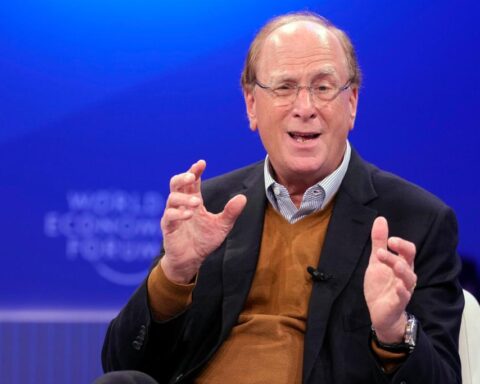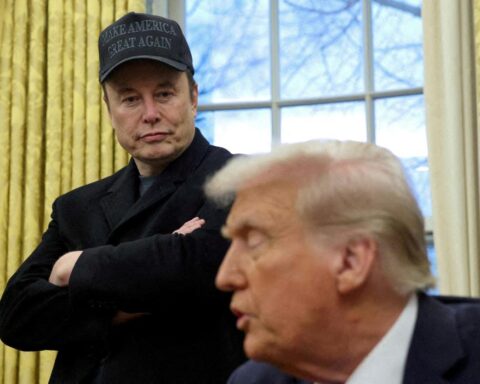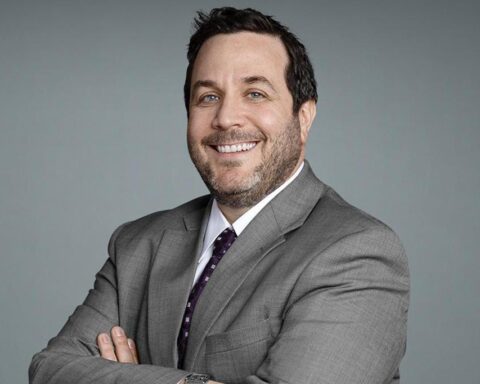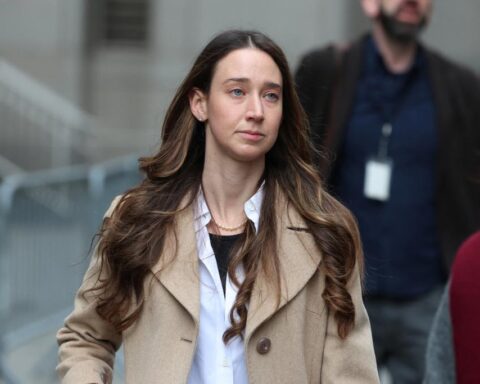Elon Musk challenges a Delaware court’s decision to rescind his record-breaking compensation plan, arguing that it defies legal principles and corporate governance standards.
Elon Musk Launches Appeal to Restore $56 Billion Tesla Payday After Court Ruling
Elon Musk has formally launched an appeal to reinstate the $56 billion pay package he received from Tesla in 2018, following a controversial decision by a Delaware court that rescinded the compensation. The appeal, filed on Tuesday, contends that the ruling made by Chancellor Kathaleen McCormick was legally flawed and inconsistent with established principles of corporate governance.
Musk’s 2018 pay package, which was approved by Tesla shareholders twice, awarded him stock options tied to performance and valuation targets, allowing him to buy around 303 million Tesla shares at just $23 each. At Tesla’s current stock price of $230.58, the compensation plan has been credited with driving the company’s spectacular growth.
However, in January 2024, McCormick ruled that the pay package was unfair to Tesla shareholders, asserting that the board’s approval was influenced by Musk’s dominance in the company and that key information was withheld from investors before they voted on the package. She also found that the Tesla directors who approved the package were unduly influenced by Musk, calling the compensation “unfathomable” and thus invalid.
Appeal Based on Legal Standards and Corporate Governance
In the appeal brief, Musk and the Tesla directors argue that McCormick’s decision defied established Delaware law, sound corporate governance, and common sense. They pointed out that the pay plan had already been ratified twice by shareholders, undermining McCormick’s ruling. The brief also contends that McCormick improperly applied a strict legal standard known as “entire fairness,” which is usually reserved for situations where conflicts of interest are more pronounced.
Musk and his legal team claim that McCormick misapplied this standard by asserting that Musk, who held a 21.9% stake in Tesla at the time, controlled the pay negotiations. Additionally, they argue that Tesla’s disclosures before the 2018 vote were adequate and that there was no conflict of interest among the company’s directors, as McCormick had suggested.
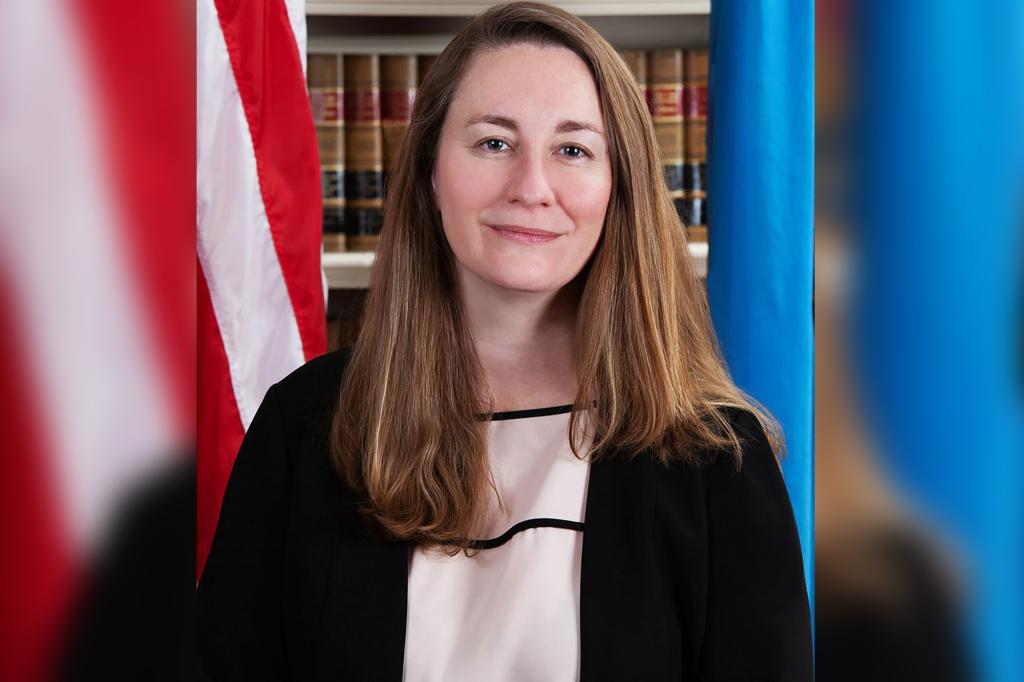
Financial Implications of the Appeal
The stakes are high for both Musk and Tesla. A new pay package similar to the original could cost the company an estimated $25 billion, a financial burden Tesla aims to avoid. The appeal is seen as a crucial step to restoring Musk’s compensation and ensuring his continued focus on Tesla’s growth.
Musk has expressed a desire for an even larger stake in Tesla or risk pursuing other ventures outside of the company. This appeal is also taking place as Musk dedicates time to President Donald Trump’s government efficiency project, DOGE, which has led to protests outside Tesla dealerships in recent weeks. Meanwhile, Tesla’s stock has taken a notable hit, adding to the urgency of the appeal.
Legal Precedents and Future Ramifications
Musk and the Tesla directors further argue that McCormick’s decision gives shareholders an easy pathway to challenge corporate decisions, potentially destabilizing the business environment in Delaware, where many major U.S. companies are incorporated. Musk has publicly criticized the ruling and suggested that other companies could follow the example of Meta Platforms and TripAdvisor, which have already moved or are considering moving their incorporation out of Delaware.
The ongoing case stems from a 2018 lawsuit filed by Richard Tornetta, a Tesla investor who owned only nine shares at the time. This “derivative lawsuit,” designed to benefit Tesla rather than Tornetta, could have widespread implications for corporate governance standards in Delaware.

Looking Ahead
The outcome of the appeal will likely have lasting ramifications not only for Musk’s $56 billion pay package but also for the broader corporate landscape. As Tesla moves forward with its efforts to keep Musk engaged, the focus remains on ensuring both the company’s financial health and its ability to maintain Musk’s leadership.
Musk’s appeal is expected to continue for months, with potential outcomes ranging from the reinstatement of his compensation to further adjustments to Tesla’s corporate structure. Regardless of the decision, this legal battle underscores the complex interplay between corporate governance, shareholder interests, and executive compensation in the modern business world.









